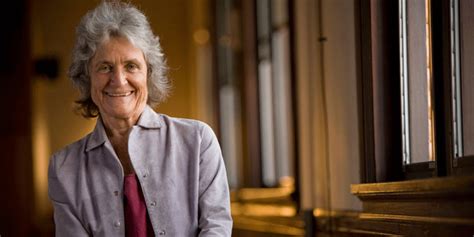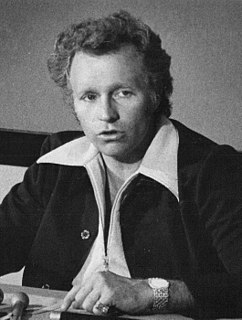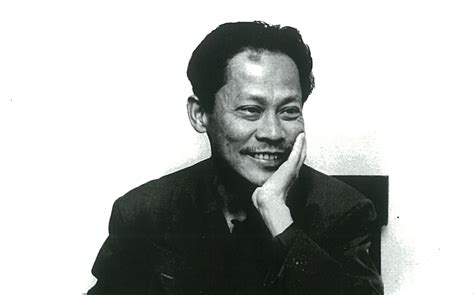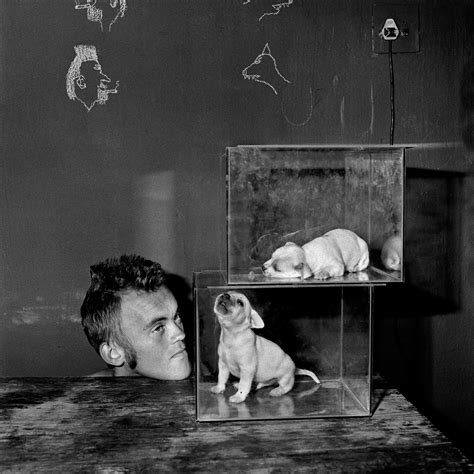A Quote by James Hillman
The culture is going into a psychological depression. We are concerned about our place in the world, about being competitive: Will my children have as much as I have? Will I ever own my own home? How can I pay for a new car? Are immigrants taking away my white world?
Related Quotes
If educators were really understanding of that, they'd say, "You know what? Forget about bilingual, we're going to do multilingual education." So children are ready for the new millennium. We're way behind compared to countries in Europe. If we were multilingual, imagine how much you would learn about your own culture, about the sensibilities of what's important in your own culture.
What I have learned from the teachers with whom I have worked is that, just as there is no simple solution to the arms race, there is no simple answer to how to work with children in the classroom. It is a matter of being present as a whole person, with your own thoughts and feelings, and of accepting children as whole people, with their own thoughts and feelings. It's a matter of working very hard to find out what those thoughts and feelings are, as a starting point for developing a view of a world in which people are as much concerned about other people security as they are about their own
I'm not saying I'm going to rule the world, I'm going to change the world. But I guarantee I will spark the brain that will change the world. And that's our job. It's to spark somebody else watching us. We might not be the one, but let's not be selfish. And because we['re] not going to change the world, not talk about how we should change it. I don't know how to change it. But I know if I keep talking about how dirty it is out here, somebody's going to clean it up!
It is difficult to explain to children in the "overdeveloped" nations that not all children in the world have such beautiful and nourishing food. Awareness of this fact alone can help us overcome many of our own psychological pains. Eventually our contemplation can help us see how to assist those who need our help so much.
The old world is dying, but a new world is being born. It generates inspiration from the chaos that beats upon us all. The false grandeur and security, the unfulfilled promises and illusory power, the number of the dead and those about to die, will charge the forces of our courage and determination. The old world will die so that the new world will be born with less sacrifice and agony on the living.
We've separated from mogul and aerial skiing and we've built our own sport and our own tricks. And now we're going back to the roots. But the Olympics is a world stage for athletics and it's going to be pretty sweet to represent our sport and represent our culture and show everyone what we're all about.
Our children will not survive our habits of thinking, our failures of the spirit, our wreck of the universe into which we bring new life as blithely as we do. Mostly, our children will resemble our own misery and spite and anger, because we give them no choice about it. In the name of motherhood and fatherhood and education and good manners, we threaten and suffocate and bind and ensnare and bribe and trick children into wholesale emulation of our ways.






































